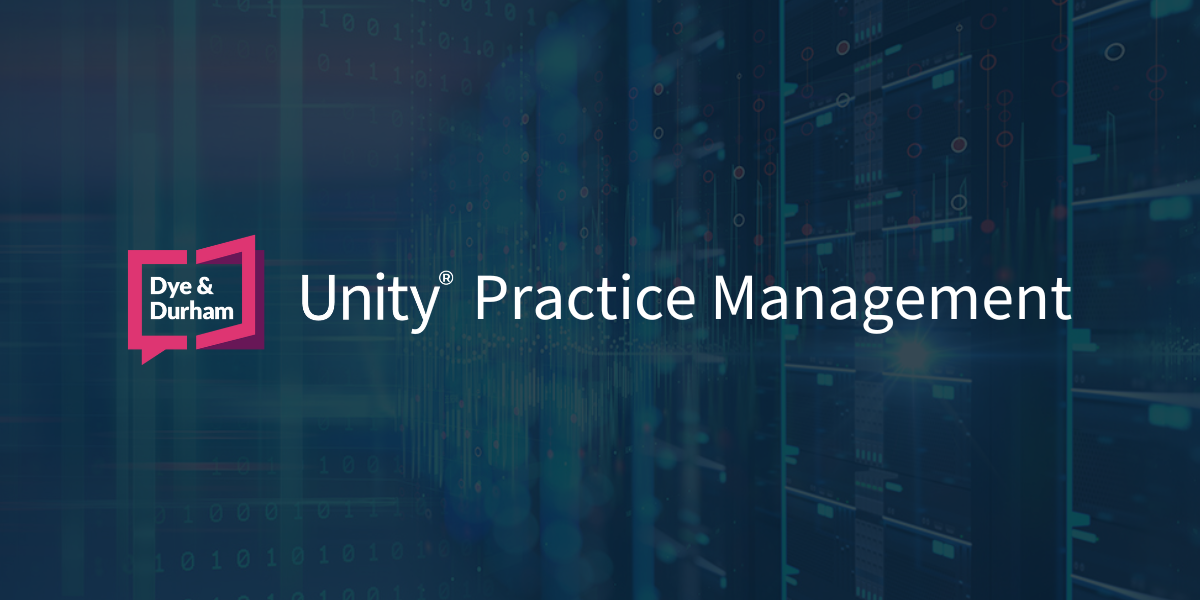This article will guide you in tailoring your CRM strategy to your firm’s size, enabling you to provide top-notch service to your clients. We cover practical CRM approaches suitable for solo, small, mid-sized, and large law firms. Understanding and implementing these strategies ensures that your law firm’s client intake and CRM software effectively aligns with your client relationship management and growth objectives.
The right Customer Relationship Management (CRM) system is not just a tool but a key driver for law firms, playing a crucial role in improving the client intake process and fostering lasting client relationships. A robust CRM system encompasses a wide range of law firm operations, including lead management, client intake and onboarding, communication tracking, data management, and marketing campaigns- all of which are vital for maintaining strong client relationships.
Legal professionals face a challenge in choosing the right CRM solution due to the variety of options available. The size of a law firm plays a critical role in determining its CRM approach, as firms of different sizes have unique client volumes, customer service goals, and associated risks, requiring a tailored CRM strategy.
Solo Practitioners

Solo legal practitioners rely heavily on interpersonal connections with clients to deliver a one-on-one experience, which is often fundamental to their practice. They aim to foster deep and personalized connections with clients throughout the legal process. Even after a matter is concluded, maintaining positive client rapport is essential for retention, reputation and referrals.
.
Challenges
-
- Time: As the primary force behind their practice, solo practitioners wear multiple hats and undertake various tasks besides providing legal counsel. This reduces the amount of time they have available to enrich their customer relationships.
- Budget: Budgetary constraints, with various firm survival and growth needs competing for limited resources.
.
CRM Approach
A good client intake and CRM solution for solo practitioners should:
-
- Automate and streamline essential tasks such as contact management and client communication, empowering the solo practitioner to maintain the personal touch critical to their success.
- Be cloud-based, as this offers the flexibility to manage various aspects of legal practice anywhere, anytime. Customization options further enhance the ability to create a unique and personalized client experience.
- Have comprehensive storage capability that stores detailed client information and allows for client segmentation, making it easier for solo practitioners to maintain contact and adapt communication strategies as relationships evolve.
- Have a low cost of entry and be scalable, allowing solo lawyers to grow their practice comfortably.
.
Small Firms

Small law firms, typically comprising two to a dozen employees, focus on offering specialized services within niche practice areas. This size allows them to take on more clients than solo practitioners, expanding their client base and increasing their market presence. As these firms grow, they encounter an increasing volume of client data that requires efficient management to ensure each client receives attentive and personalized service. With only a handful of associates, small firms need to be highly collaborative, with lawyers sharing and accessing client information readily and reliably, as any communication barrier could be detrimental to clients’ matters and experiences.
Challenges
-
- Balancing personalized service with a growing client base.
- Client acquisition and retention are especially challenging when competing against larger firms that have the resources to invest in advanced CRM solutions and dedicated marketing teams.
.
CRM Approach
CRM software for small firms should:
-
- Enable high levels of organization and collaboration, allowing lawyers within the firm to share information and collaborate on matters easily.
- Have robust, scalable marketing and client acquisition capabilities to level the playing field for small firms that cannot afford large marketing departments. The right CRM can improve small firms’ marketing efforts by automating campaigns and building a solid online presence.
- Automate routine tasks like document management, client intake, and billing, allowing small firms to complete tasks faster and invest more time in client-facing activities.
.
Due to time, financial, and human capital constraints, solo practitioners and small law firms can greatly benefit from investing in a single technology platform that meets all their practice management needs. This platform should include features for client onboarding, case management, legal accounting, and other essential functions from intake to invoice.
Mid-sized and large law firms also benefit from opting for a single, integrated solution, as managing multiple solutions can be cumbersome, even without resource constraints.
.
.
Mid-Sized and Large Firms

“
Mid- to large-sized law firms, consisting of anywhere from five to hundreds of lawyers and support staff, provide a wide range of legal services to a vast and diverse client base, each with unique preferences and needs. When adopting software solutions, medium and large law firms prioritize robustness, scalability, and interoperability. Additionally, mid to large-sized firms heavily rely on trends and analytics to make informed business decisions, ensuring they remain competitive and responsive to market demands.
Challenges
-
- Increased security risks: Managing vast amounts of sensitive client data puts a firm at greater risk of cybersecurity breaches. Ensuring data privacy and compliance with regulations is extremely important for these firms and can boost client trust.
- Red tape: Implementing changes or new technologies and processes within large firms can be complex. Many different departments and stakeholders are involved, which can slow down the firm’s ability to innovate and adapt. As a result, it becomes hard for the firm to respond quickly to changing client needs and market trends.
- Maintaining personalized client interactions and ensuring consistent service levels across a large client base presents a formidable challenge. Effective coordination among diverse teams and departments is vital but often proves daunting.
.
CRM Approach
Mid-sized and large law firms should look for CRM solutions equipped with:
-
- Robust, regularly updated security features to guarantee the safety and consistent accessibility of client data.
- High levels of automation and intelligent features that enable both holistic and segmented views of client relationships, improving personalized client interactions and efficient communication.
- Comprehensive analytic capabilities enable firms to leverage data-driven insights for informed decision-making, ensuring they remain competitive and responsive to market trends.
- Interoperability to enable integration with the firm’s existing tech software
.
Unity® Practice Management

One of Canada’s most trusted cloud-based practice management solutions, Unity® Practice Management is a 360-degree platform purpose-built to support all aspects of a legal firm’s day-to-day workload.
Key features of Unity® Practice Management include:
- Powerful practice management and workflows
- Robust CRM capabilities
- Efficient staff management
- Seamless accounting and billing
- Efficient document management
- Robust conveyancing capabilities
- Industry-leading integrations
- Top-tier security
No matter the size of your firm, Unity® Practice Management offers a cost-effective, best-in-class CRM approach that is scalable to meet the needs of your firm. Contact us to learn more, request a demo or get started with Unity® Practice Management. Visit the Dye & Durham website to read more insights and see how we can help you manage your practice, from intake to invoice.
Go to Media













